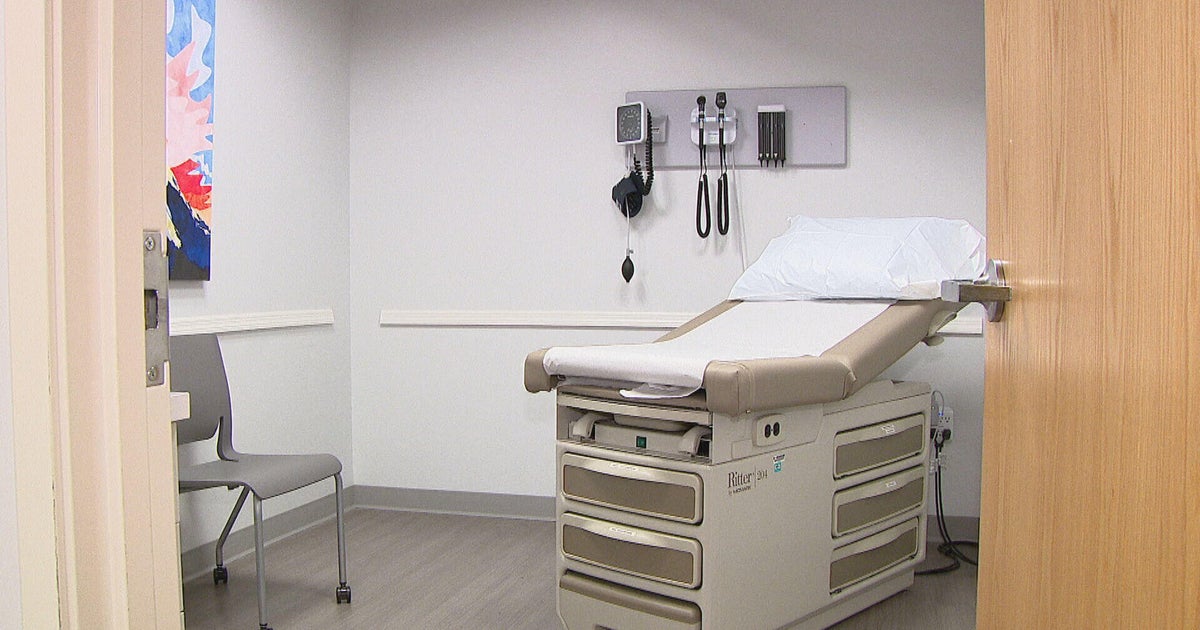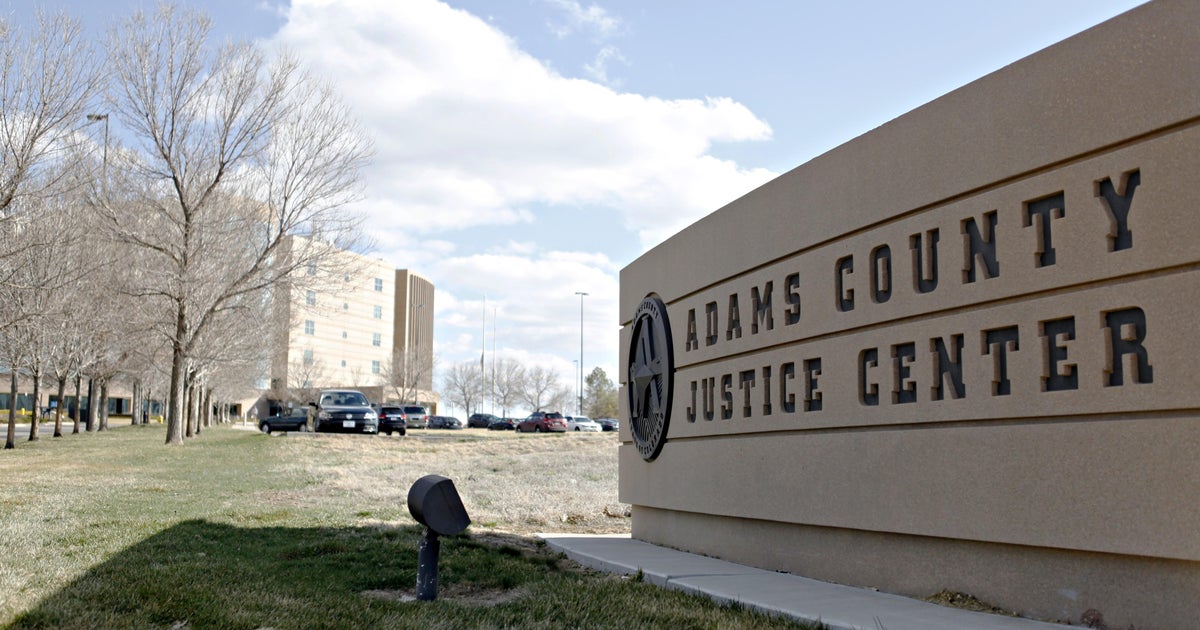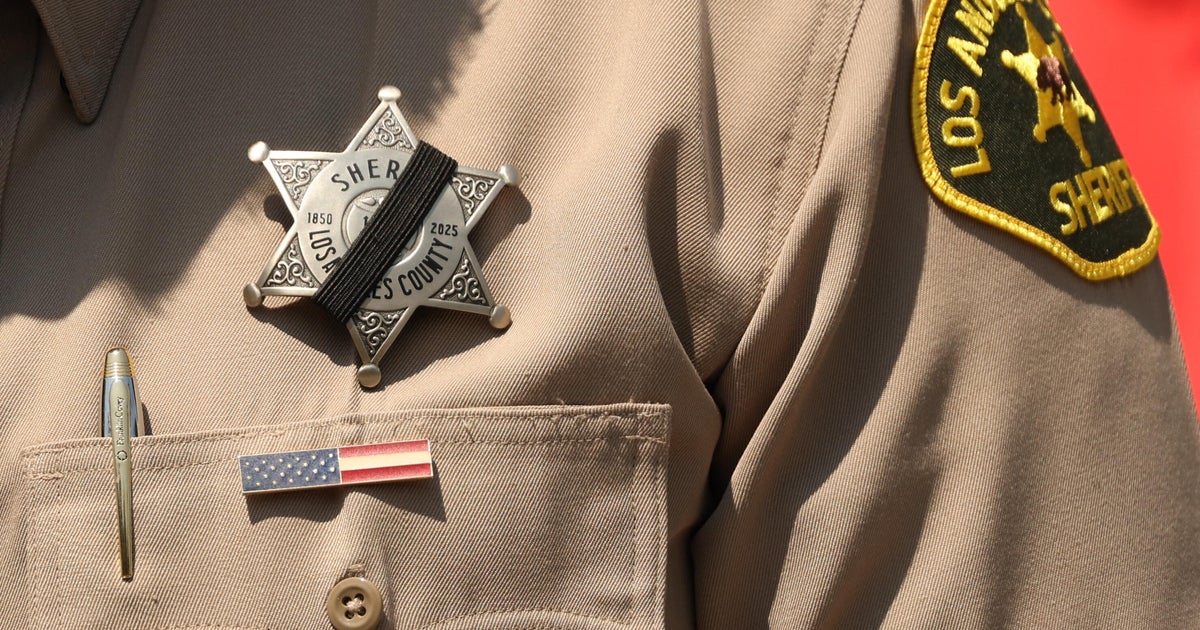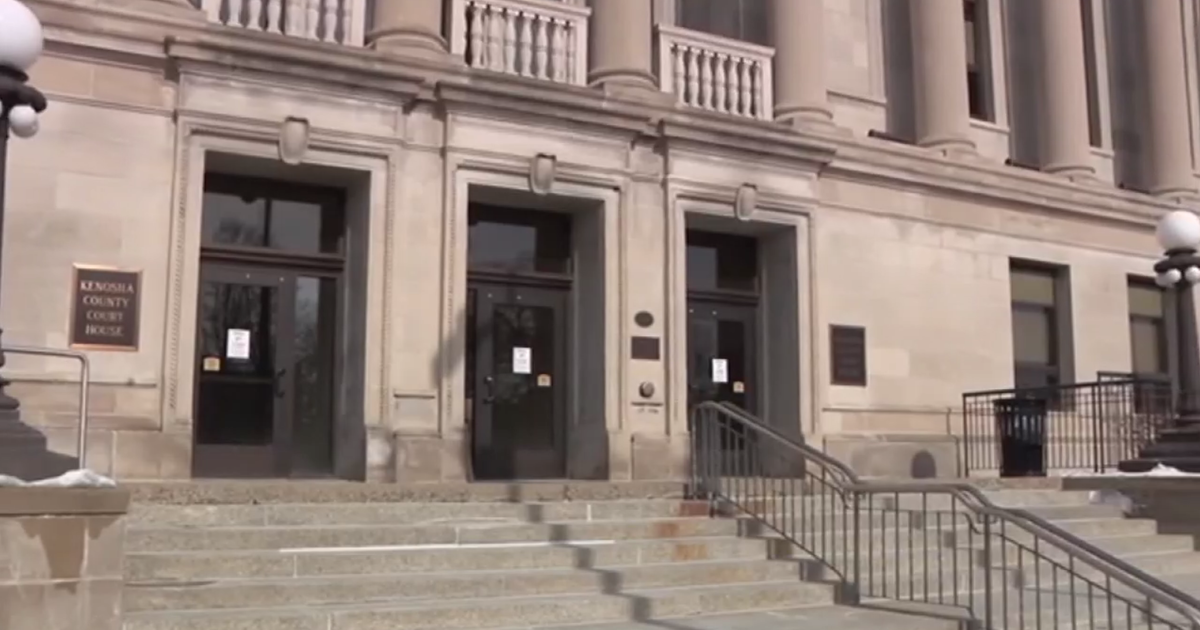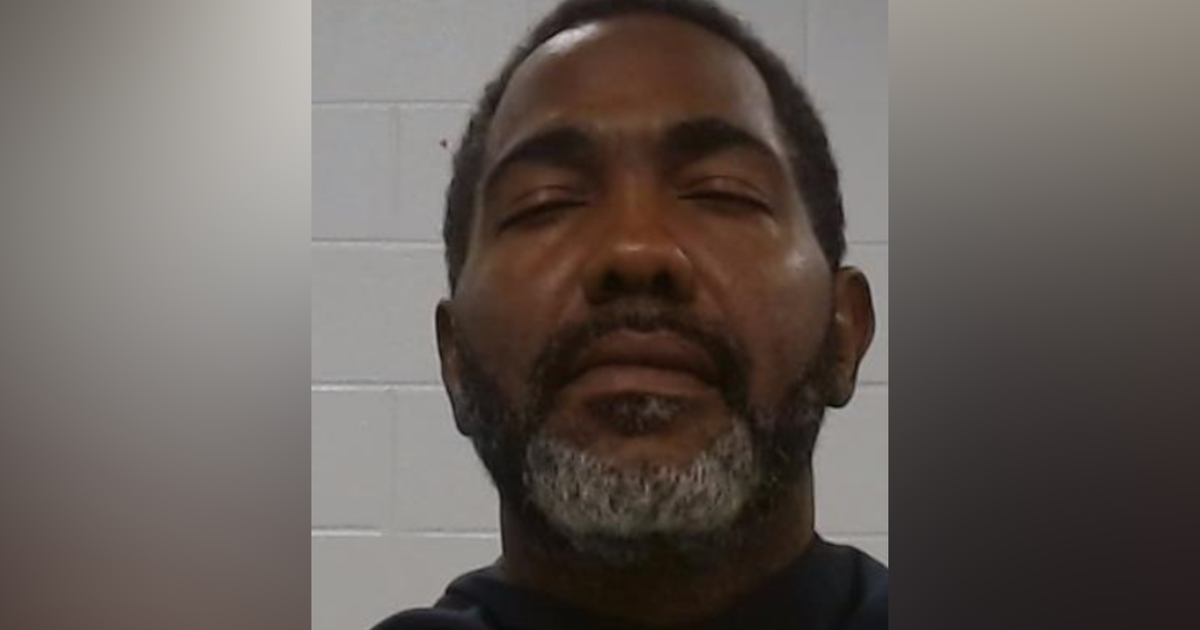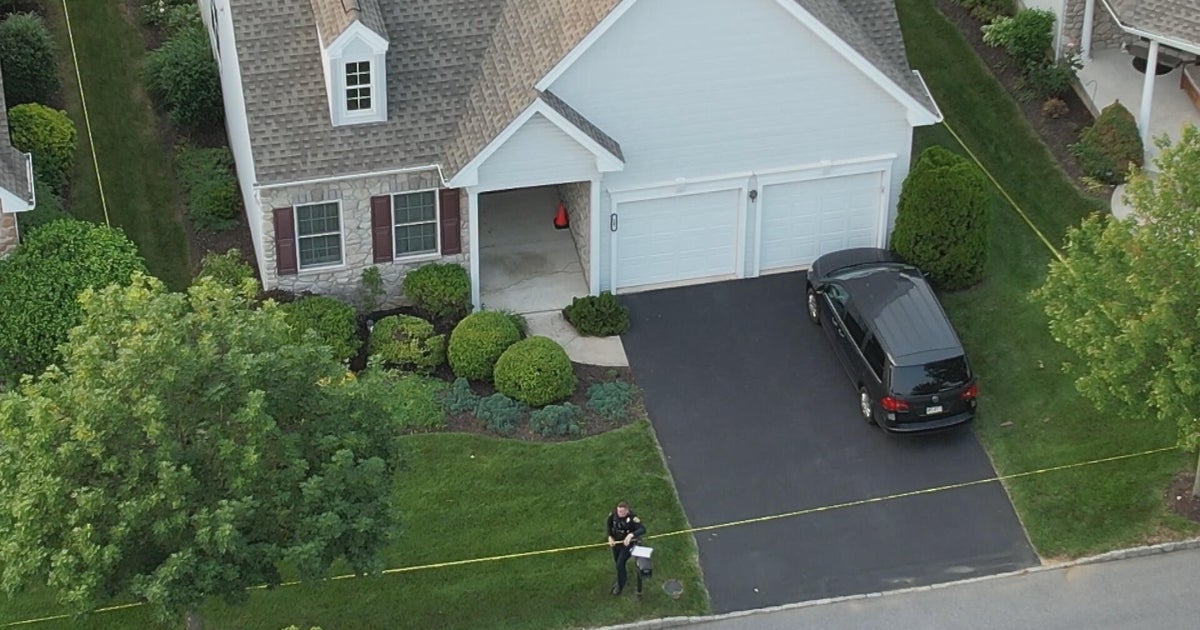Judge: State Health Department 'Created Evidence That Is Not Accurate'
By Brian Maass
DENVER (CBS4) - A Gilpin County court Judge has ruled the Colorado Department of Public Health and Environment "has created evidence that is misleading, and that is something other than the truth" in a DUI case that defense attorneys believe may impact other DUI cases.
"It will affect thousands of cases," predicted defense attorney Danny Luneau. "Any breath test case from July 2015 through February 2017 will be affected."
The ruling, by Giplin County Court Judge David Taylor, came in the case of Robert Friedlander, who was arrested on suspicion of DUI in 2016. Friedlander took a breath test but contested documentation verifying the accuracy and credibility of the I-9000 machine from the Colorado Department of Public Health and Environment.
Specifically, Friedlander and his attorney challenged an Instrument Certificate verifying the machine was in working order. The signature on the certificate was from Dr. Laura Gillim-Ross who was the director of Laboratory Services for CDPHE. However she left the state agency in July 2015, but her signature continued to appear on Instrument Certificates for 18 months after her departure, including the certificate the state used in the Friedlander case.
"So any conviction that had that certificate could be reopened and the conviction overturned," maintained Luneau. "This was a great ruling for the defense."
Judge Taylor wrote that the signature on Instrument Certificates were generated by the breathalyzer machine's software but that "CDPHE deliberately chose not to immediately remove and update Dr. Gillim- Ross' signature ... this instrument certificate is inaccurate, misleading, and deceptive, in that its contents are an impossibility." Taylor said he did not believe the state was being intentionally manipulative or deceptive, but that the state "exercised poor judgment."
He wrote that while the failure to update the signature on the certifications did not affect the breathalyzer's reliability, "the signature on an Instrument Certificate cannot be treated simply as a matter of form ... misleading evidence is not admissible. For these reasons, the Instrument Certificate is not admissible to show that the I-9000 was properly functioning in this case."
Taylor said that the I-9000 BAC results in the Friedlander case can still be admissible if prosecutors can show that the machine was in working order without using the Instrument Certificate.
Danny Luneau said "The judge said the certificate is a violation of due process. Without the certificate it will be difficult for the breath result to be admissible in trial. I think it's highly likely the Judge's ruling will be appealed by the prosecution as it opens a floodgate of problems."
Late Tuesday, Dr. Larry Wolk of the CDPHE released a statement saying,"The machine in question in the Gilpin County case was properly tested by staff. In the past, when a machine was calibrated, a certificate was automatically printed, and the certificate template included the former director's signature. The presence of that signature stamp was not – and was not intended to be – verification of calibration of the machine. The Jefferson County Court judge reached the same conclusion yesterday and found the presence of the former director's signature "does not affect the accuracy of the test result."
CBS4 Investigator Brian Maass has been with the station more than 30 years uncovering waste, fraud and corruption. Follow him on Twitter @Briancbs4.
